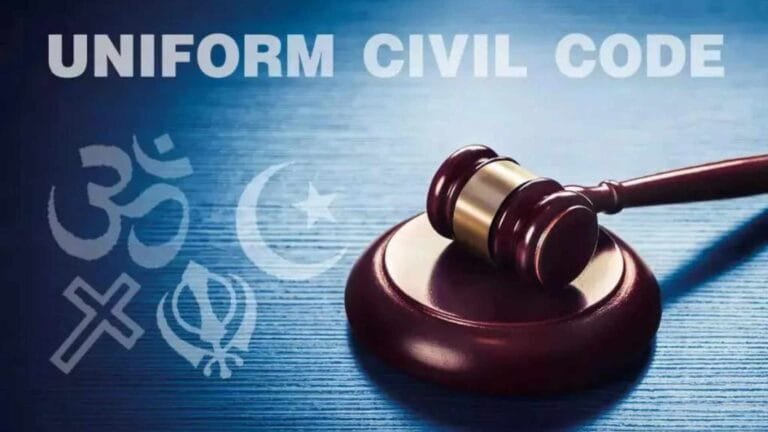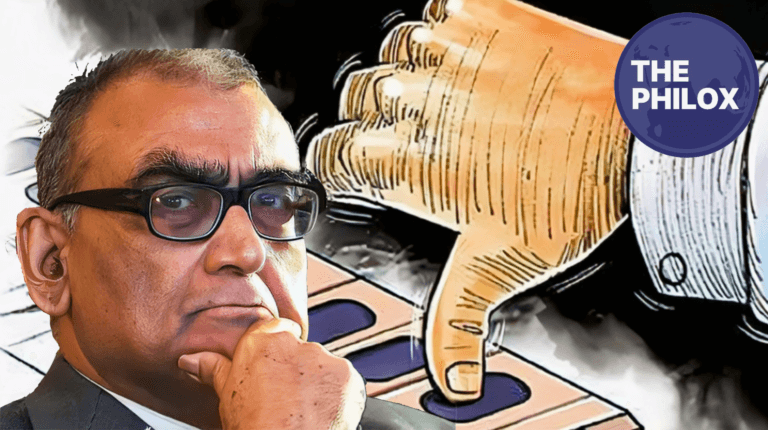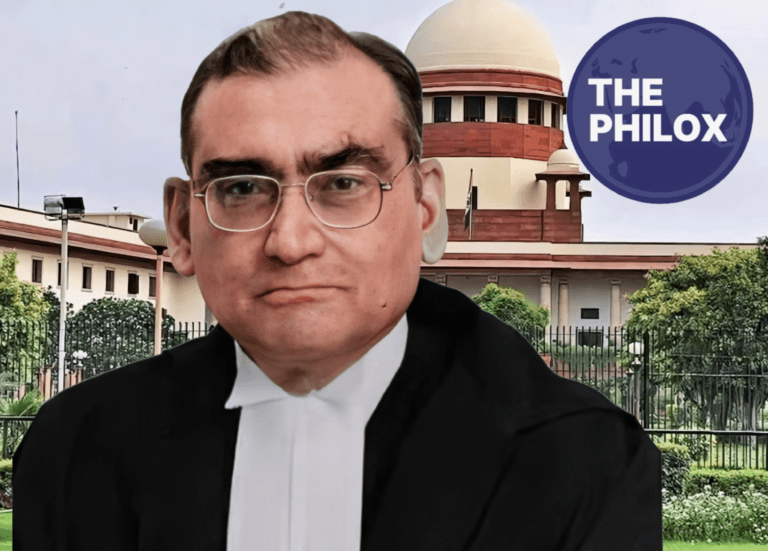However, I was surprised that none of the panelists clearly said that they were generally in favour...
secularism
The Bharatiya Janata Party (BJP) faced a setback in the 2024 parliamentary elections, losing its absolute majority...
The other is the train of ground realities--polarisation of Indian society by our crooked and selfish politicians...
Justice Markandey Katju critiques the premise of India's Constitution, arguing that it was transplanted from Western models...
The recent controversies surrounding mosque and dargah surveys in India have sparked sharp criticism from Justice Katju,...







